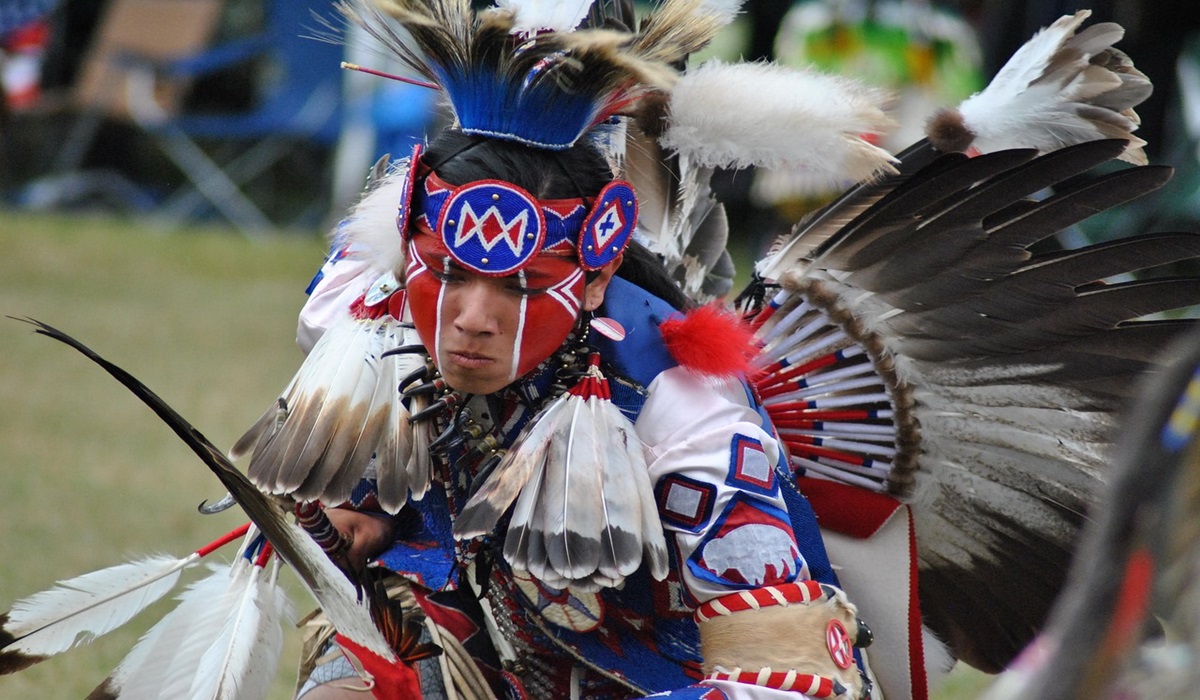Celebrating National Indigenous Peoples Day in Canada: A Journey Towards Reconciliation
- Xuemei Pal
- Indigenous
- Trending
- June 21, 2024

Image Credit, Laura Hamilton
Today marks a significant occasion across Canada as we celebrate National Indigenous Peoples Day. This day serves not only as a celebration of the rich cultures, traditions, and contributions of First Nations, Métis, and Inuit peoples but also as a poignant reminder of the complex history and ongoing journey towards reconciliation.
National Indigenous Peoples Day, formerly known as National Aboriginal Day, was first established in 1996 by then-Governor General of Canada, Roméo LeBlanc. It was created as a day to recognize and celebrate the unique heritage, diverse cultures, and outstanding contributions of Indigenous peoples to Canadian society. Over the years, the day has evolved into an opportunity for all Canadians to learn about Indigenous history, engage with Indigenous communities, and reflect on the issues they face.
Canada’s journey towards reconciliation with Indigenous peoples has been marked by both progress and challenges. The Truth and Reconciliation Commission (TRC), which concluded its work in 2015, played a crucial role in documenting the legacy of residential schools and providing a framework for moving forward. The TRC’s Calls to Action outlined steps to address the historical injustices faced by Indigenous peoples and to build a more equitable future.
Since then, there have been notable steps taken towards reconciliation, including the establishment of the National Day for Truth and Reconciliation, observed on September 30th, to honour survivors, their families, and communities affected by residential schools. Efforts to preserve Indigenous languages and cultures, promote economic reconciliation, and address socio-economic disparities are also underway.
On National Indigenous Peoples Day, communities across Canada come together to celebrate Indigenous cultures through ceremonies, powwows, traditional games, music, dance, and storytelling. It is a time to recognize the resilience of Indigenous peoples in the face of historical and ongoing challenges, as well as to acknowledge their enduring contributions to Canada’s cultural tapestry.
In the words of the Assembly of First Nations, “National Indigenous Peoples Day is an opportunity to reflect on our shared history and work towards reconciliation.” It serves as a reminder that while there is much work to be done, there is also cause for celebration and hope as we continue to forge a path towards healing and understanding.
As Canadians, whether Indigenous or non-Indigenous, let us use this day to learn, listen, and commit ourselves to building a more inclusive and just society where Indigenous rights, cultures, and voices are respected and celebrated every day.
Today is not just a day on the calendar; it is a symbol of our collective journey towards reconciliation and a testament to the resilience and strength of Indigenous communities. As we celebrate today, let us honour the past, embrace the present, and strive towards a future where Indigenous peoples in Canada thrive in full recognition of their inherent rights and contributions.








